A source of clean energy from sewers and wet waste: Biomethane
Focus
Focus
Custom Facet
Search Results
-
Web Content Article on-date Aug 24, 2021 11:32 AM
Interview with Claudia Gobbi (Facility Management Hera)
-
Web Content Article on-date Aug 24, 2021 11:27 AM
Interview with Michele Donati (Waste Management)
-
Web Content Article on-date Aug 24, 2021 12:01 PM
Interview with Ettore Selli (Herambiente)
Asset Publisher
An investment of Euro 37 million. A plant that disposes of 100 thousand tonnes of organic waste produced by separate waste collection and another 35 thousand tonnes coming from green waste and pruning material.
An investment of Euro 37 million. A plant that disposes of 100 thousand tonnes of organic waste produced by separate waste collection and another 35 thousand tonnes coming from green waste and pruning material. And that, once "digested", produce 7.5 million cubic meters of biomethane fuel that is 100% renewable and 20 thousand tonnes of compost.
These numbers tell the success story of our state-of-the-art plant in Sant'Agata Bolognese, just outside Bologna: the latest great and ambitious project to add to our long list of waste treatment facilities (89 in total, including waste-to-energy plants, composters, and sorting plants). With one big goal: to relaunch the challenge of renewables on an industrial scale and make this plant a reference structure for green energy in Europe.
Biomethane: a clean resource of biological origin
But what makes this natural gas source organic? Simply, the way to get it: not by drilling for hidden deposits in the deepest parts of the Earth but by fermenting organic waste in plants designed to do so. Biomethane can, therefore, be produced for as long as you want, it is endless, and production can be increased simply by building other plants. Making the process one of the purest examples of the circular economy.
In Spilamberto, a biodigester converted into a biomethane plant
An innovative plant for the production of biomethane came into operation in October 2023 in Spilamberto, in the Modena area. It was created by NewCo Biorg, the result of the partnership between the Hera Group and the Inalca company (Cremonini Group), thanks to a total investment of approximately 28 million euros and the use of the best available technologies.
Starting from the separate collection of organic waste and agri-food wastewater, the plant - created from the conversion of an old biodigester - produces 3.7 million cubic meters of biomethane every year when fully operational, a 100% renewable fuel intended for transport, and approximately 18 thousand tons of compost.
A cutting-edge plant for the energy transition and the circular economy
The 100% renewable natural gas is produced in the plant from the anaerobic digestion of organic waste coming from the separate collection carried out mainly in Modena and its district, from the waste resulting from the manufacturing process of the local agri-food industry and from the production process of Inalca's meat. Once refined, it becomes biomethane and can be introduced into the gas network.
The environmental benefits are important: around 7 thousand tonnes of CO₂ are avoided
Thanks to the introduction of biomethane into the network and its use in transport, significant environmental benefits are estimated: every year the use of approximately 3 thousand tonnes of fossil fuel oil equivalent (TOE) will be saved and CO₂ emissions will be avoided for approximately 7 thousand tons. To absorb such a quantity of CO₂, an average of 280 thousand trees would be needed.
What happens in our sant’agata facility
Organic waste, obtained through separate waste collection, is processed by anaerobic digestion to produce biogas. How? The waste, shredded and screened, remains for about 21 days in 4 horizontal digesters, where suitable microorganisms carry out the digestion process to produce biogas (consisting of natural gas and carbon dioxide).
Then the biogas is upgraded using pressurized water to dissolve the carbon dioxide and separate the natural gas. The result is biomethane, a gas with a methane content of over 95% and a completely renewable energy source.
But that's not all. At the end of the digestion process, wood-cellulosic material is added to the resulting solid matter to obtain a compact mass that is sent to composting, to produce quality compost, which can be used as potting soil for vases or as a fertiliser in agriculture.
Come find out more about our Sant'Agata Bolognese plant.
Biomethane is, therefore, another revolution based on the circular economy, which all of us in the Hera Group want to pursue. Again, to create shared value, as Herambiente's CEO, Andrea Ramonda, is determined to emphasize:
“The direction we have taken addresses the industrial world as increasingly oriented towards creating shared value and partnerships. We are aware that sustainable waste management, focused on the recovery of waste and compliant with the rules, is an essential factor in today's world, and one that delivers benefits to the entire community).
The idea of the exhibition came from the photographic project commissioned in 2018 to Silvia Camporesi on the occasion of the work being done on the Sant'Agata Bolognese site. The report has been enriched with other shots, thus becoming the complete story of the development of the plant.
The exhibition consists of 11 large-format photographic works which reveal where and how waste takes another form and becomes biofuel. Technology, innovation, industrial process, efficiency, circularity are the messages underlying each of the images captured by the artist.
Silvia Camporesi visited the plant every month for a whole year, documenting the evolution and changes to the facility.
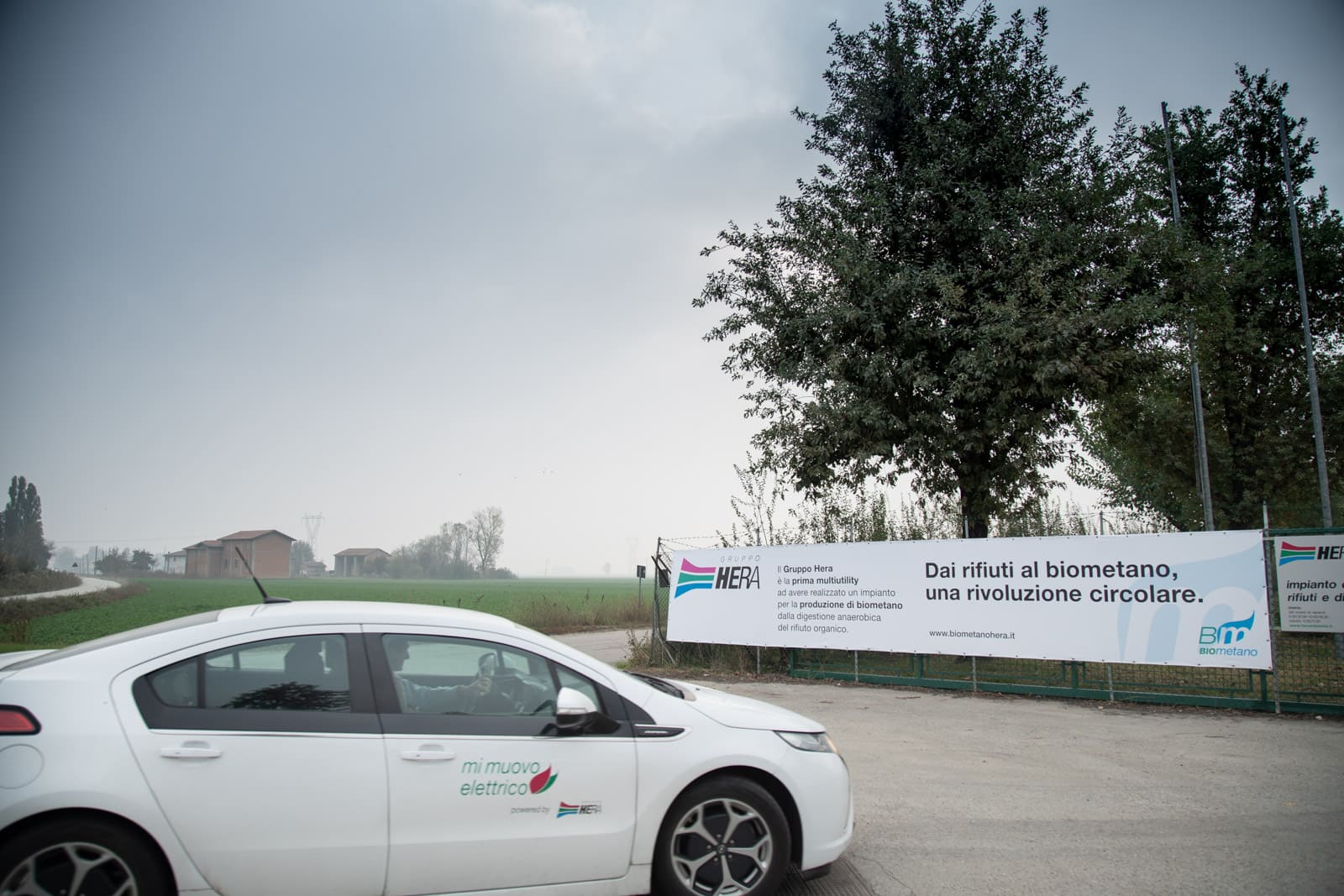
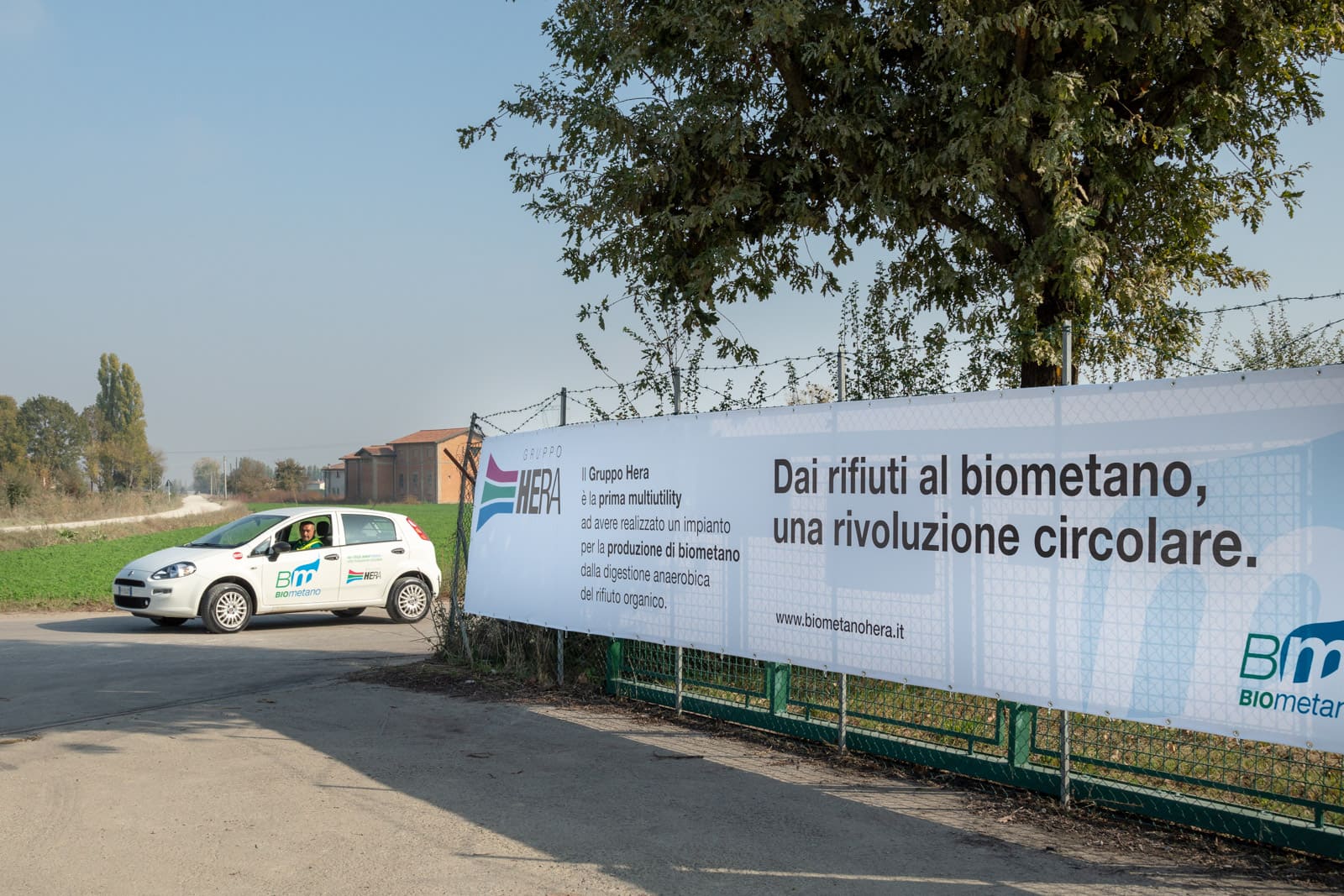
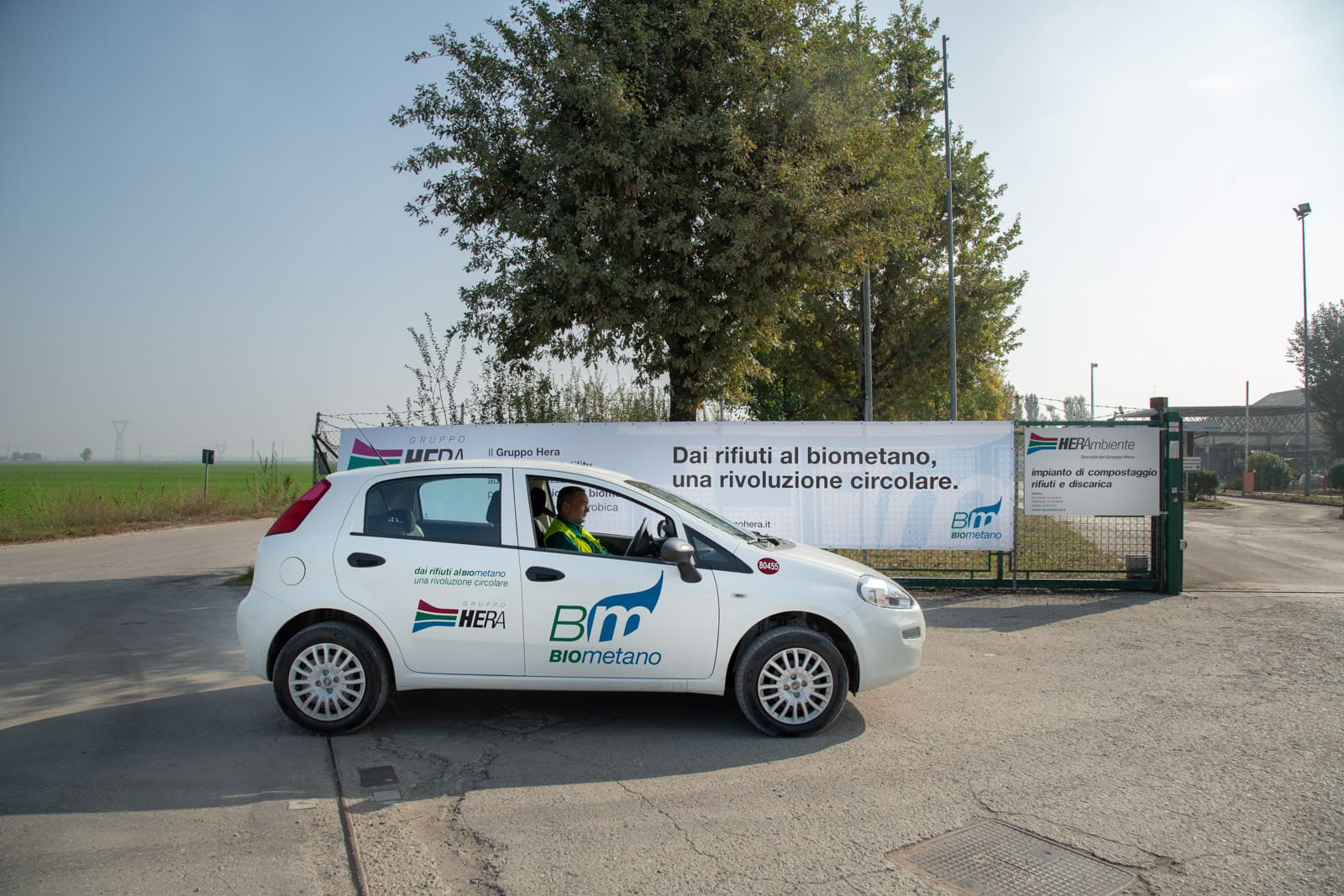
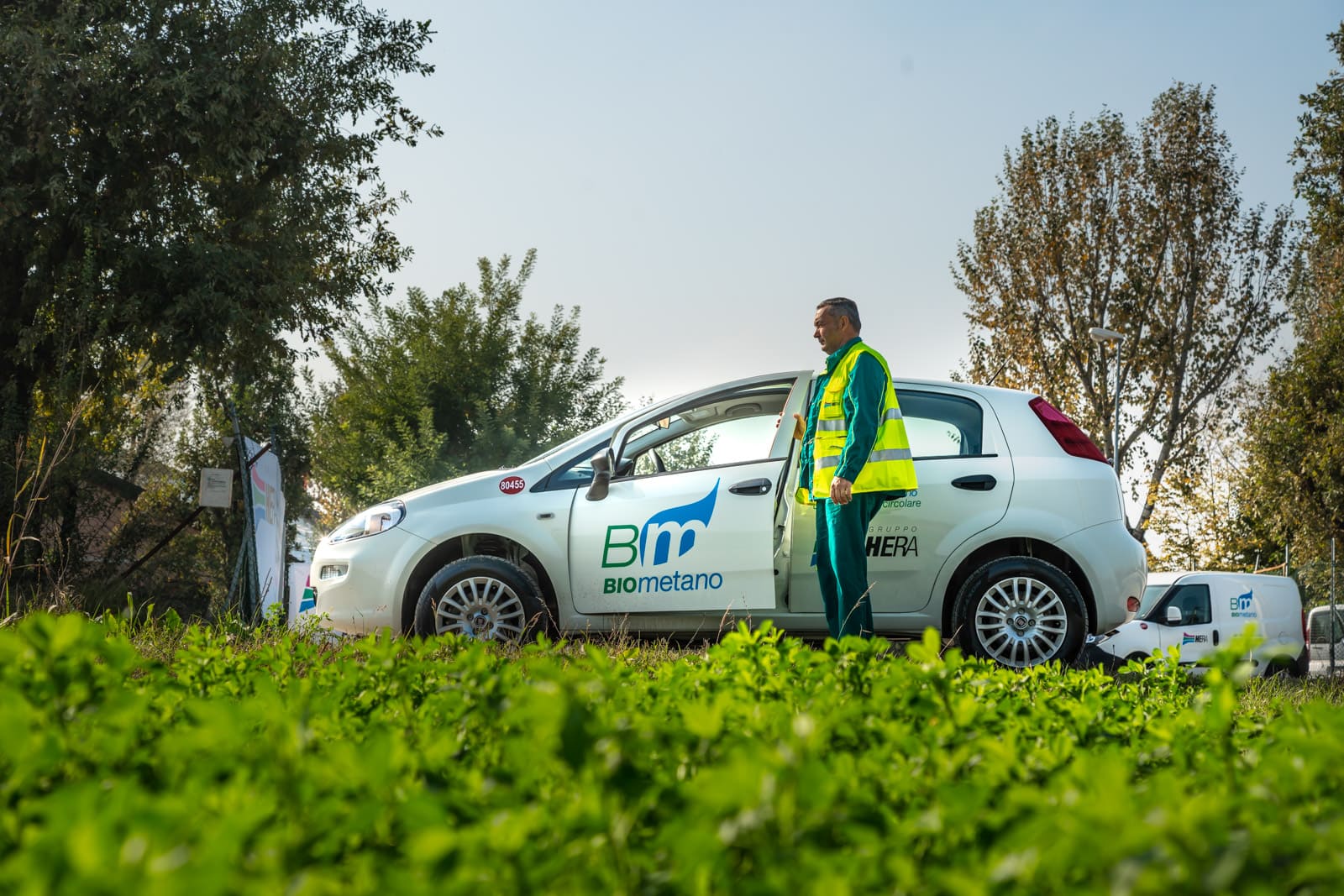
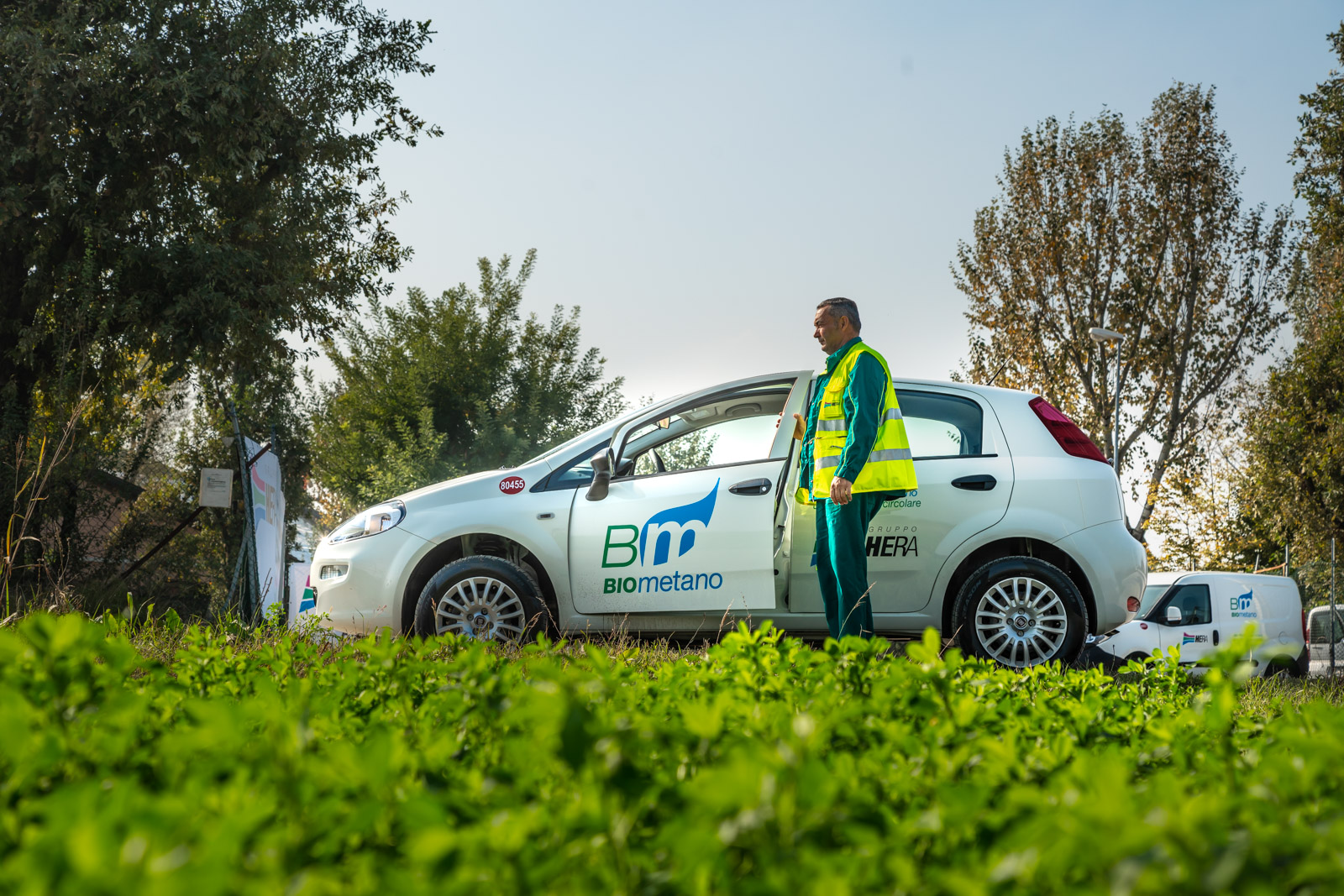
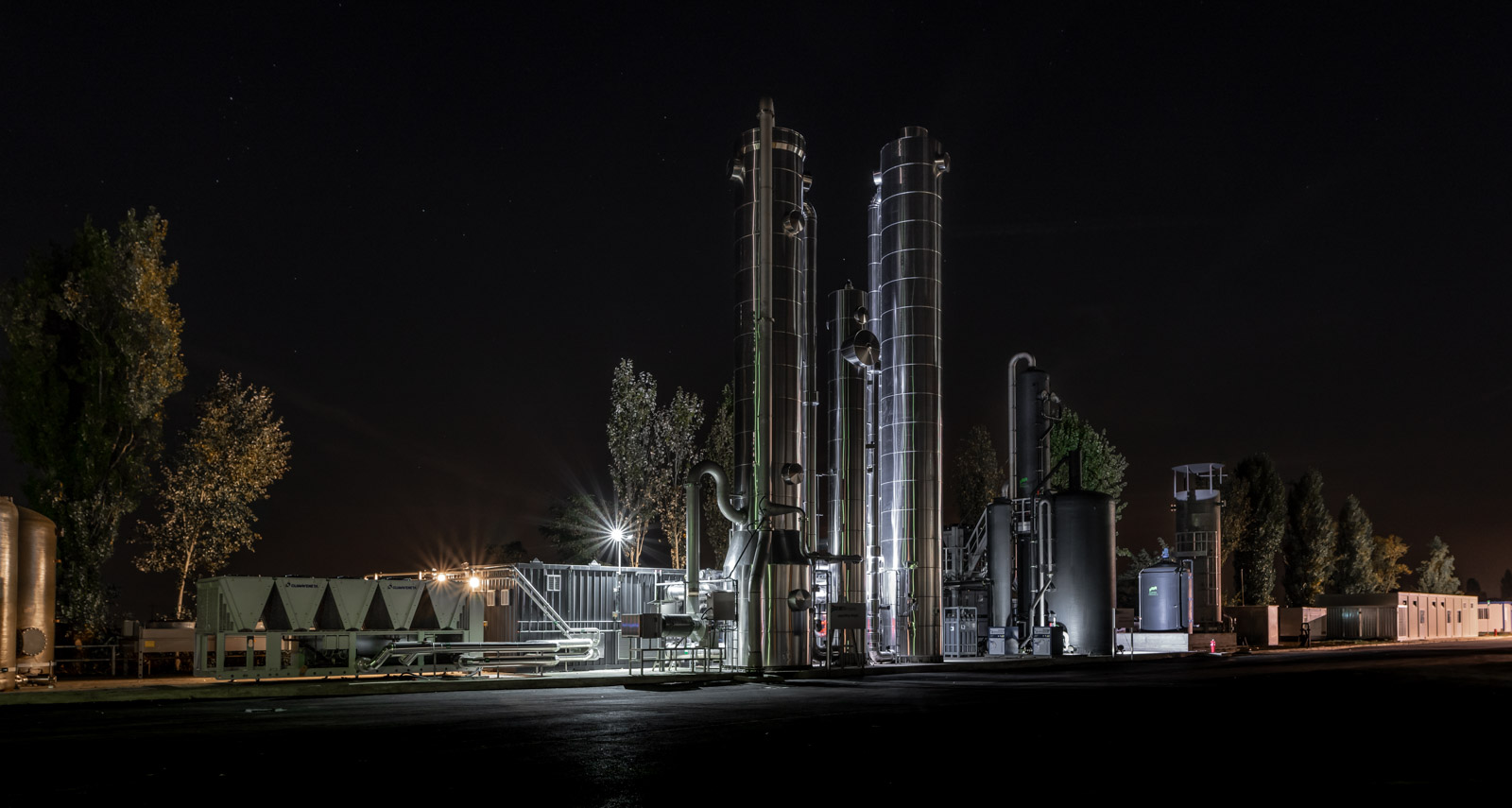
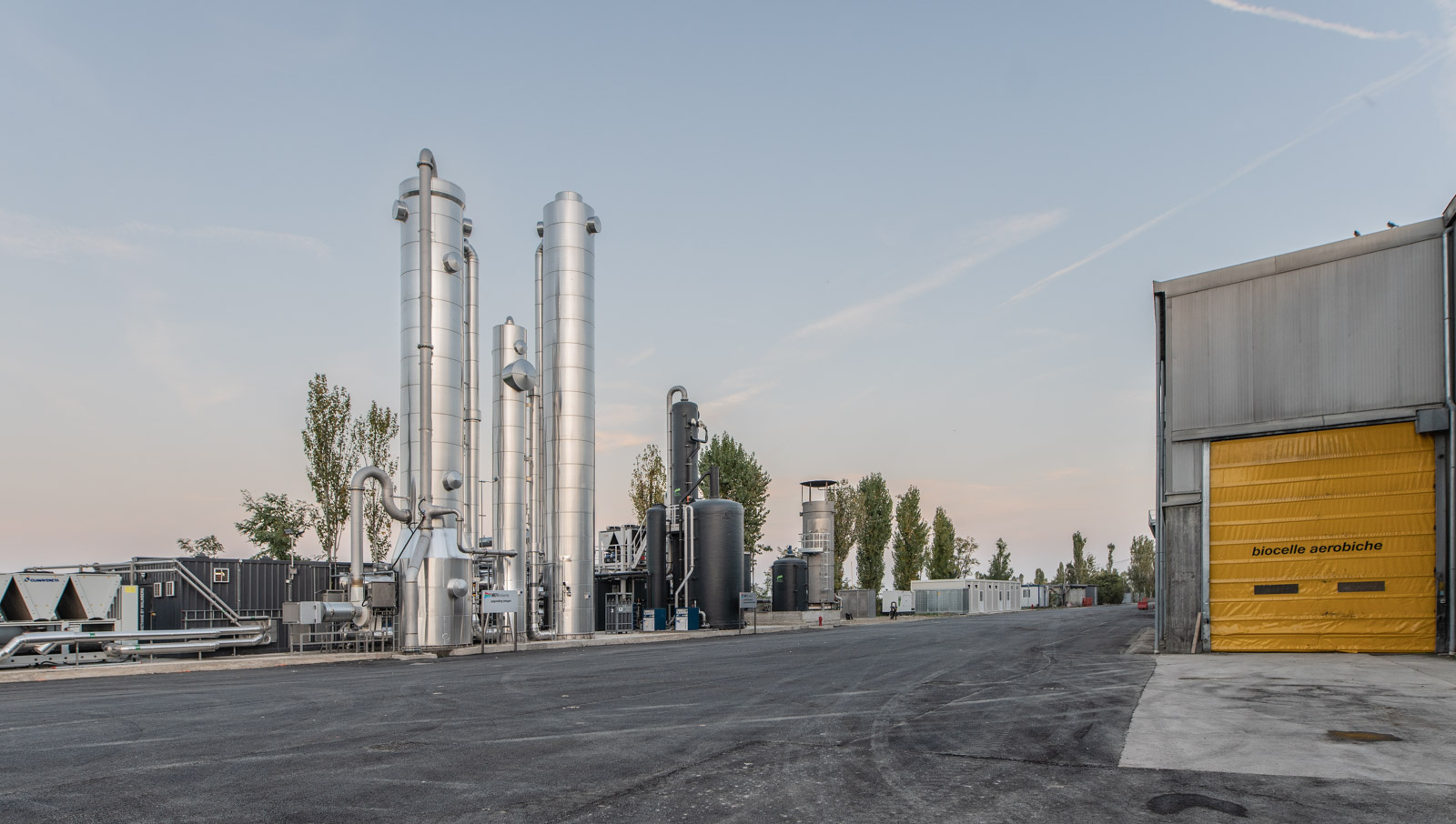
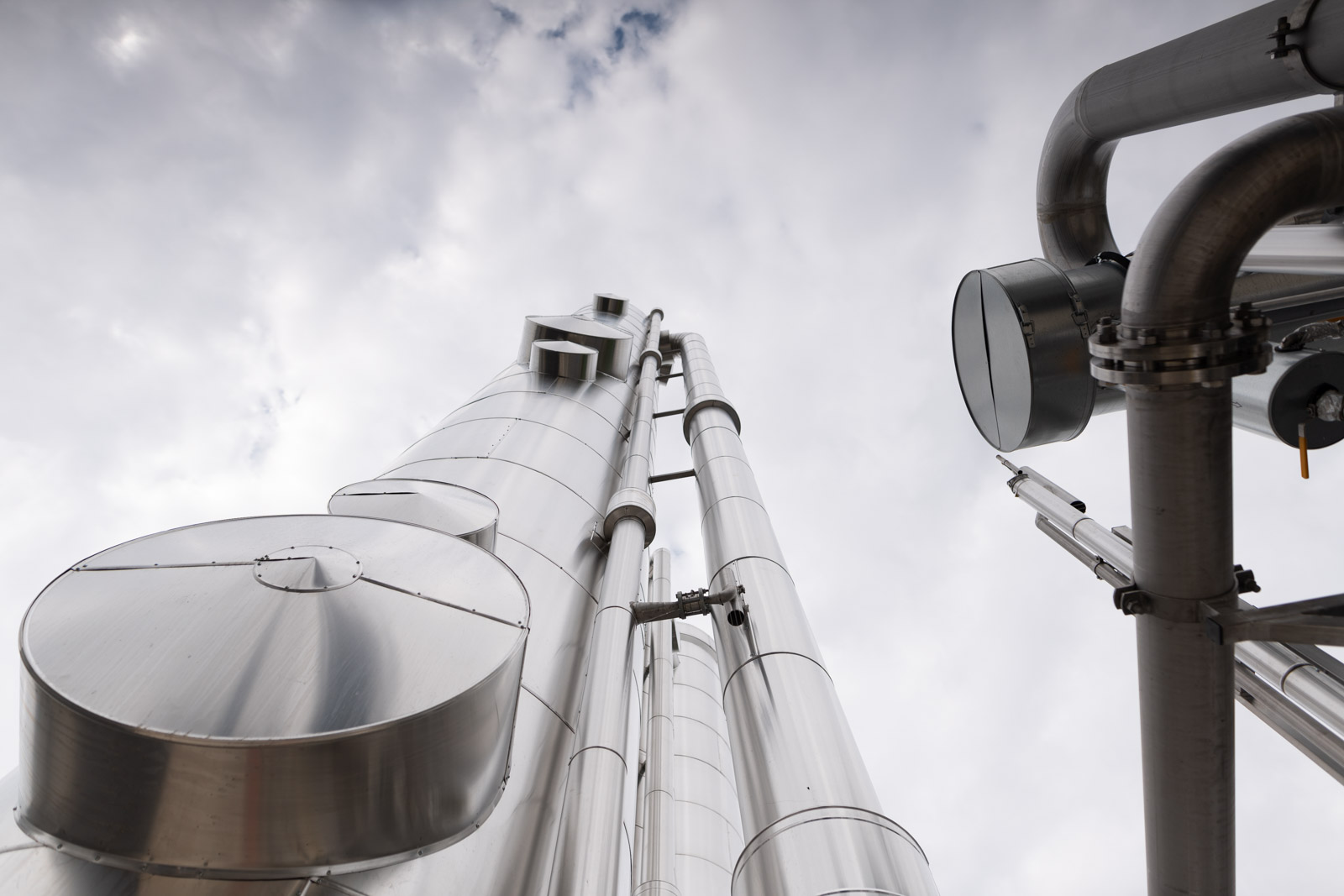
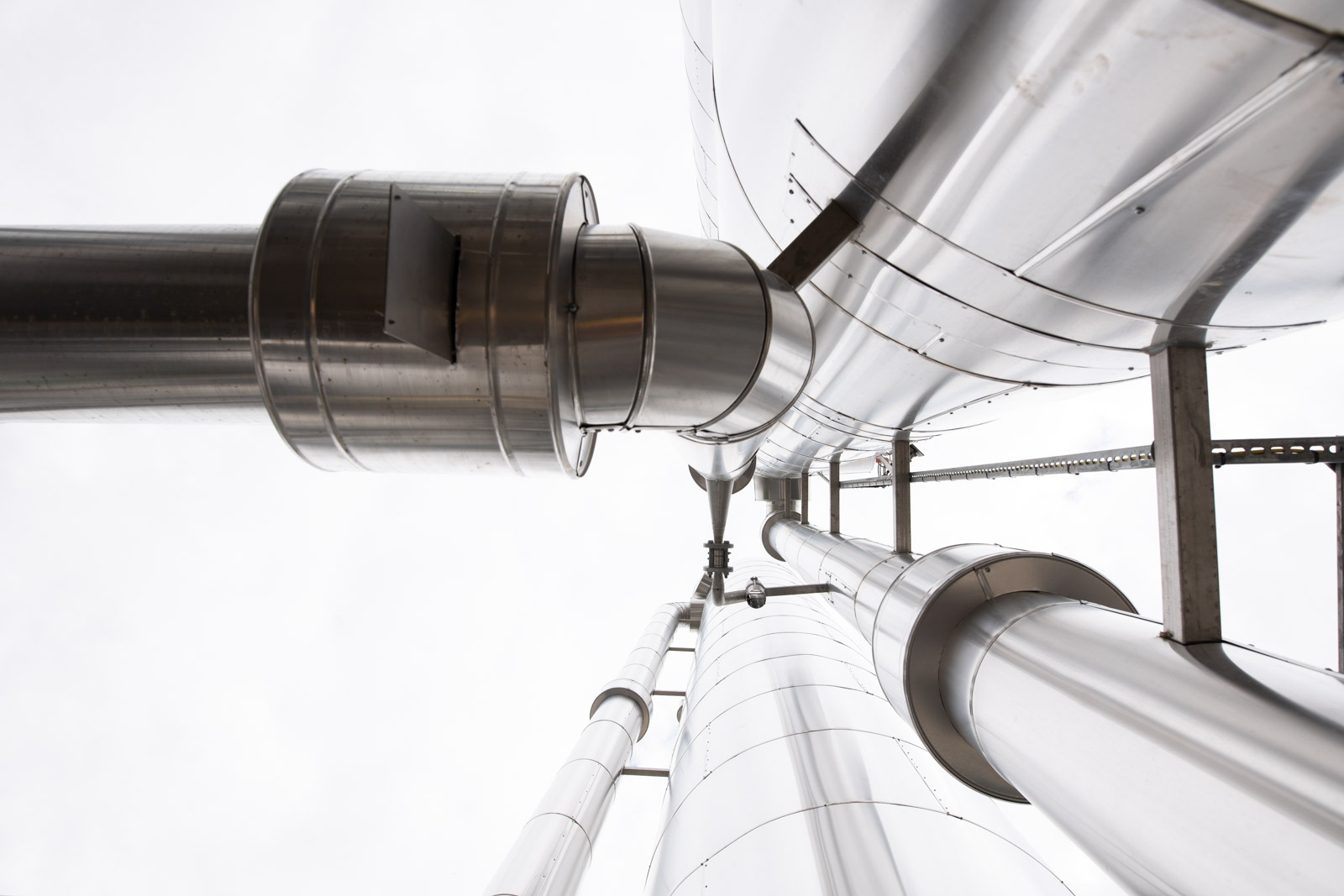
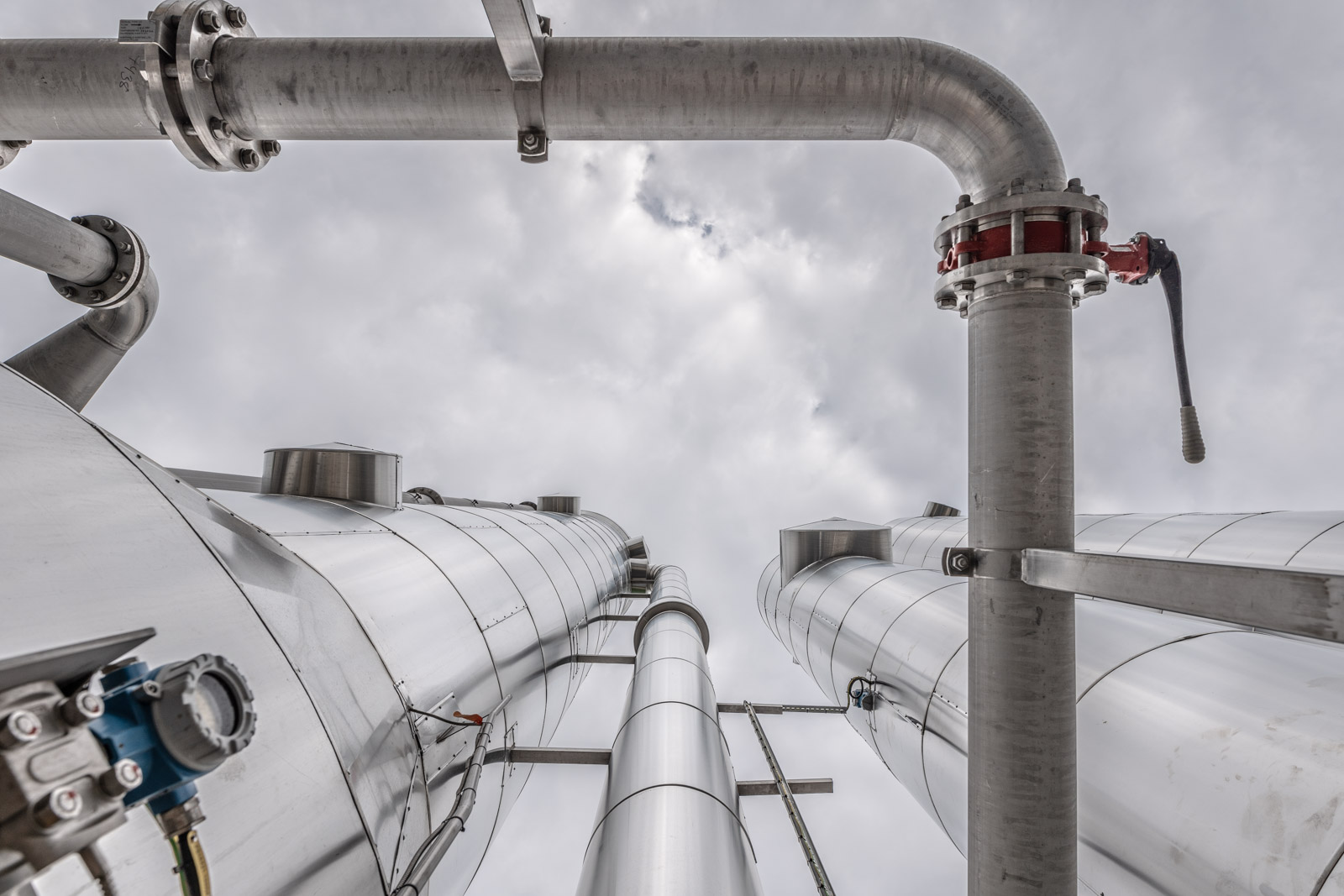
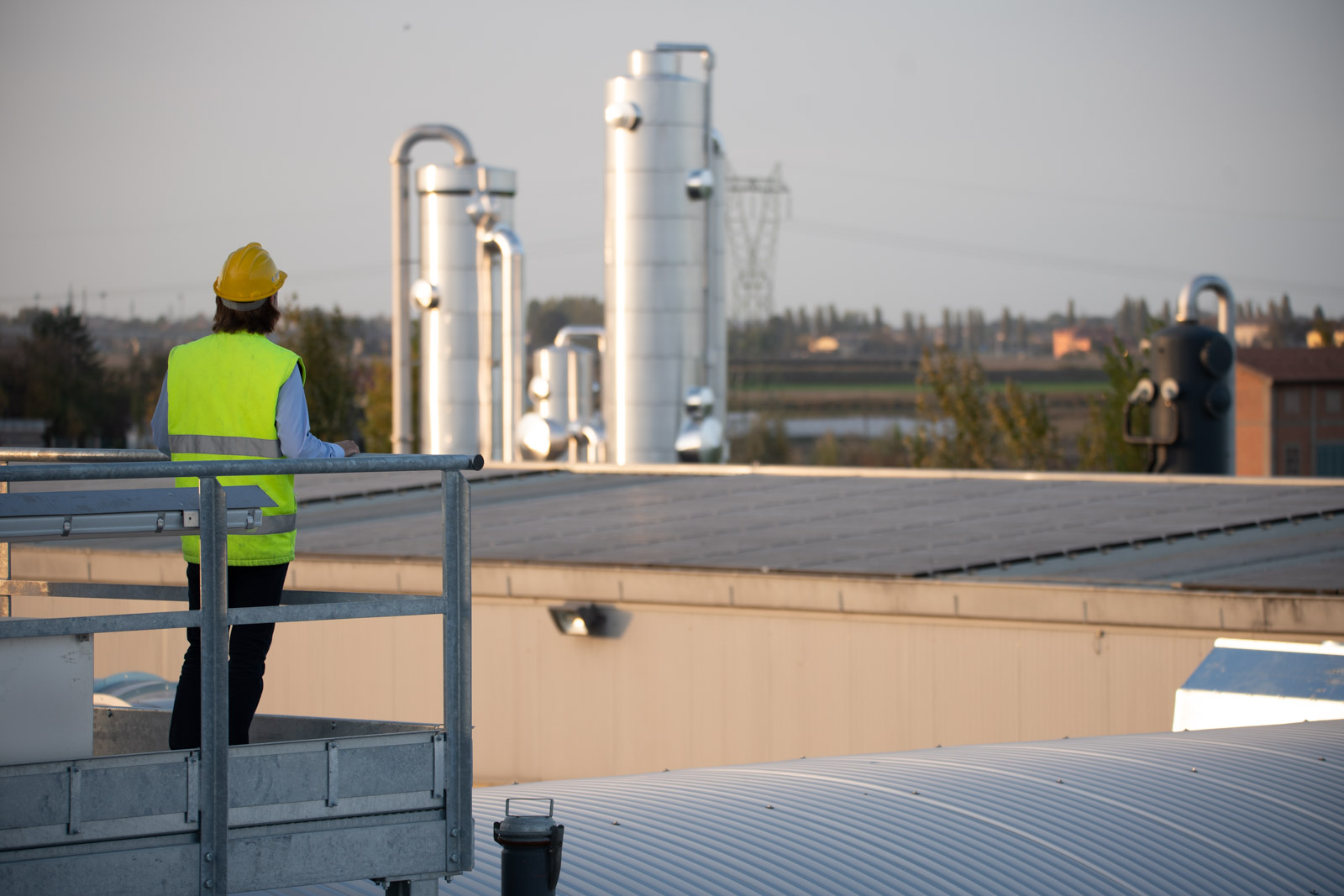
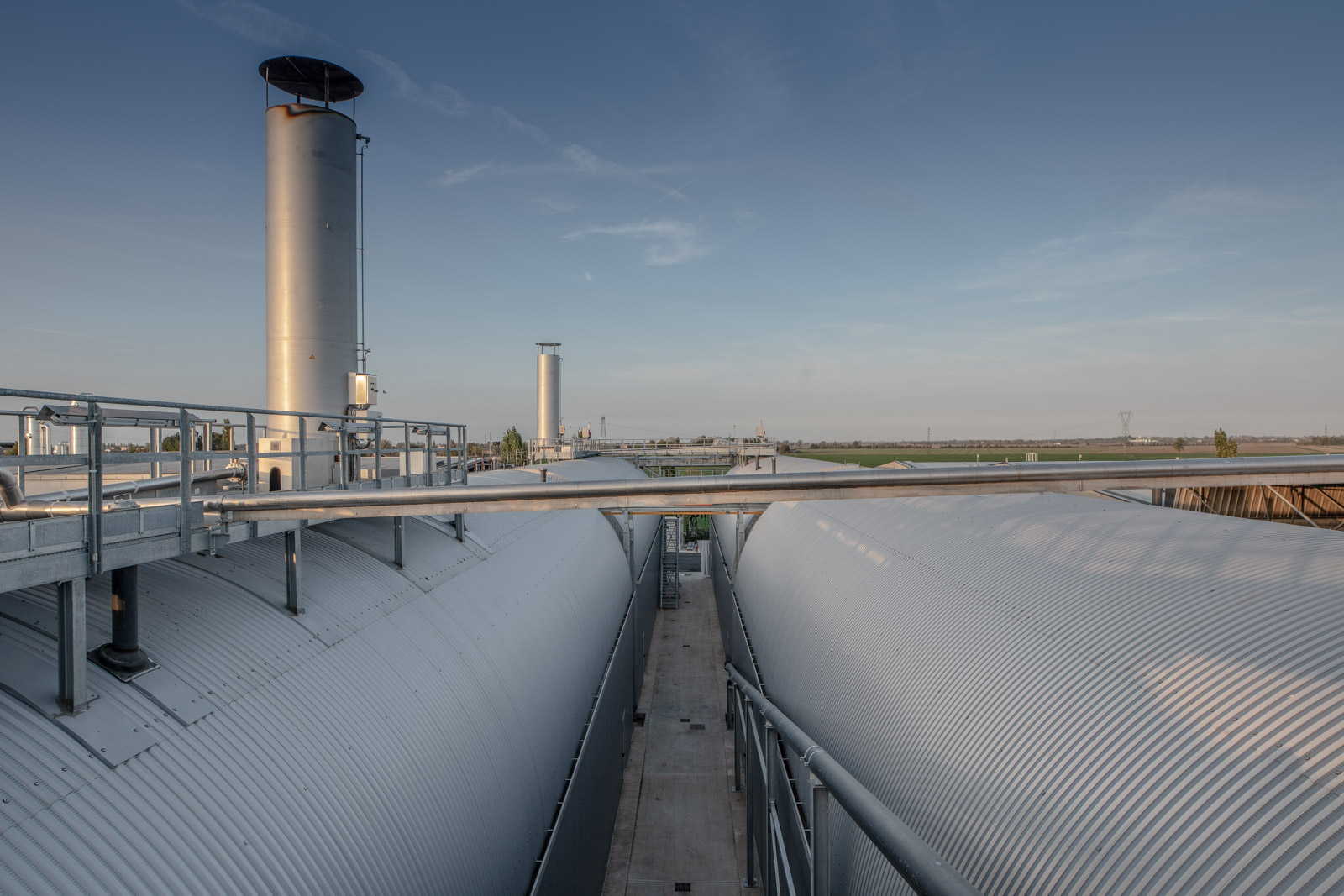
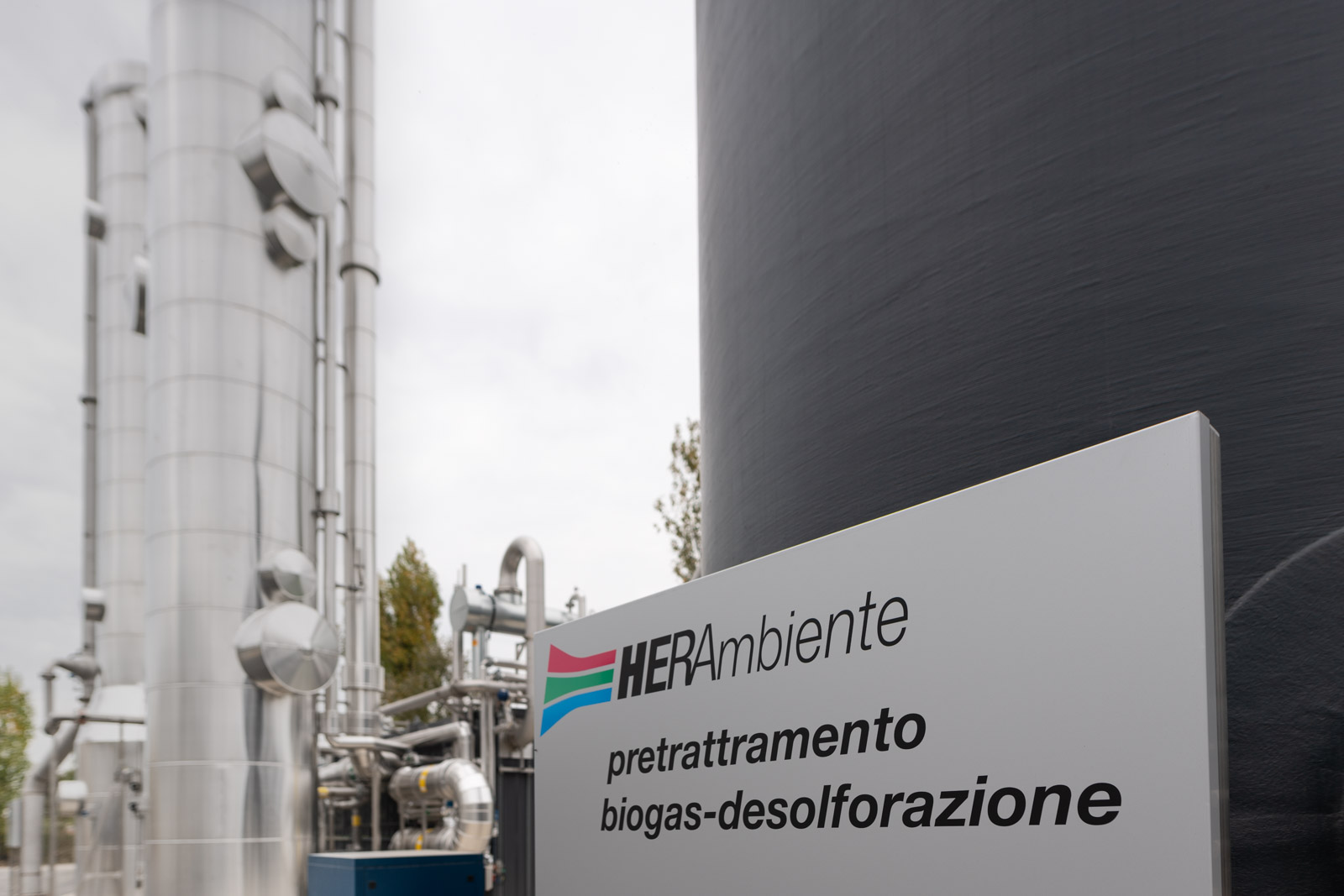
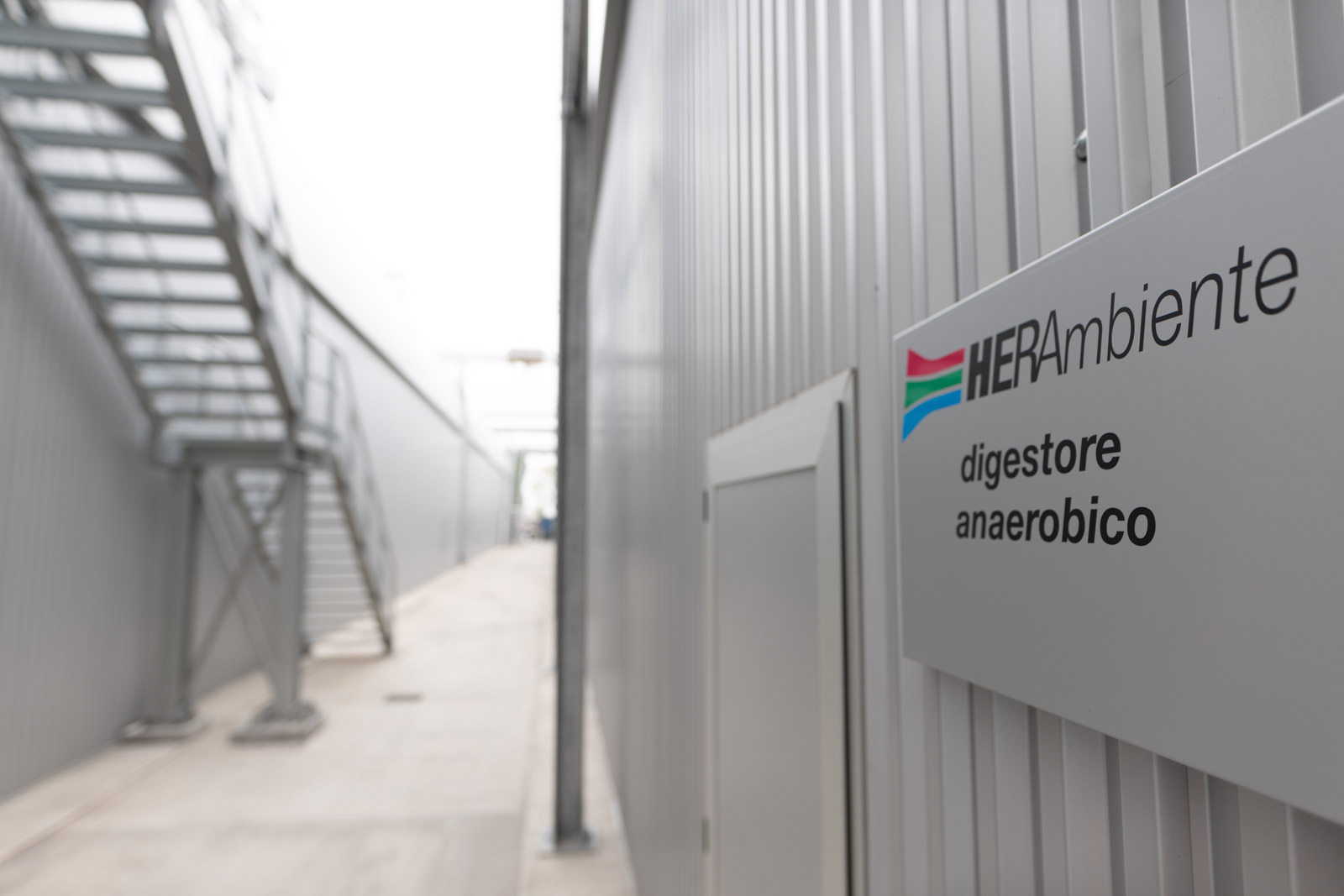
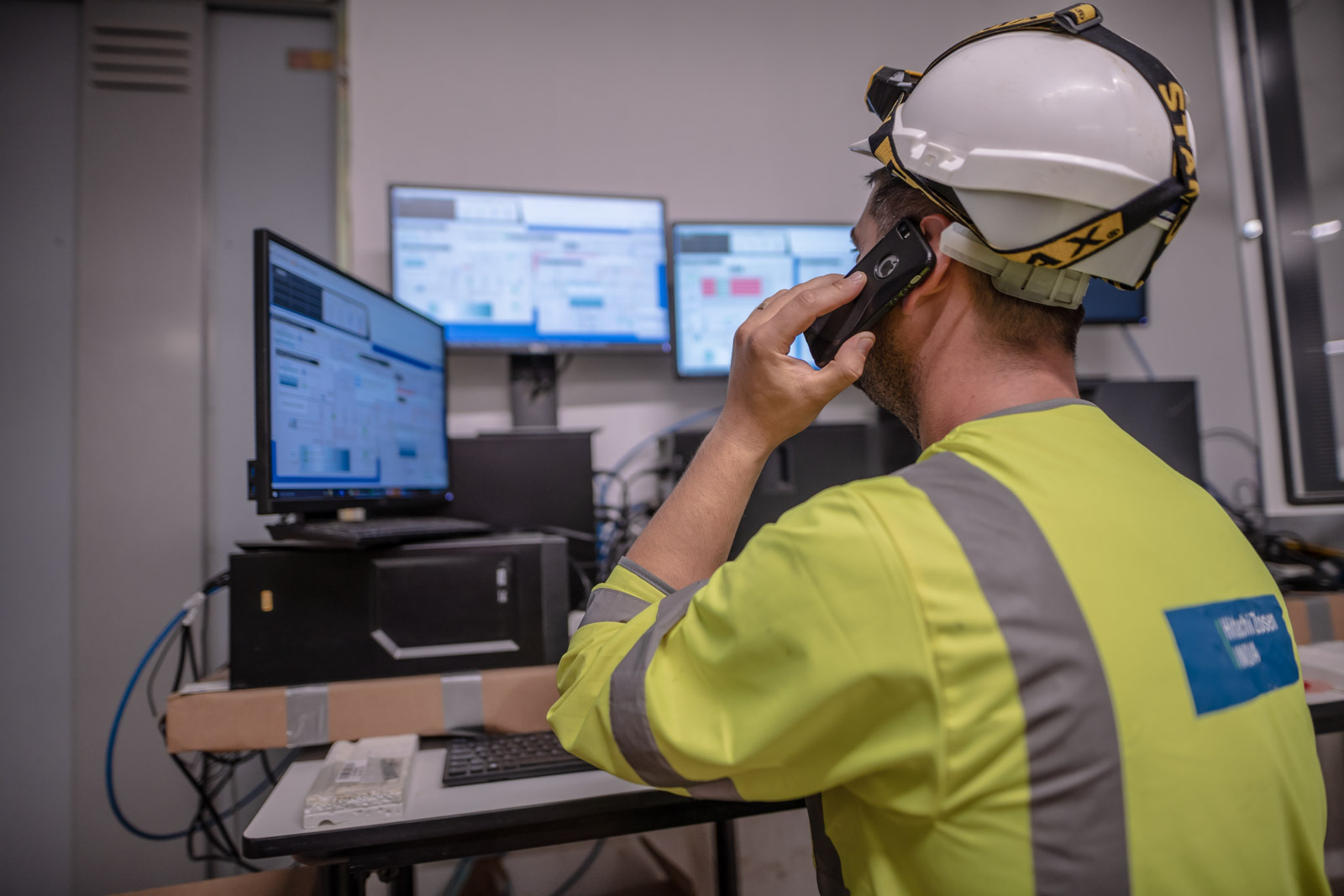
Search Bar
Tag Facet
Search Results
Asset Publisher




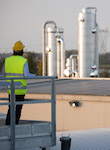
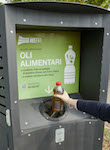
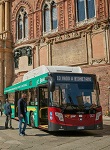
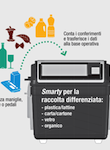
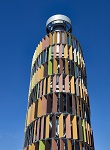

.jpg/468d051b-ba80-83a6-359d-7ef55eefd940)
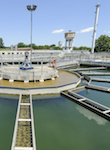
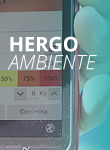
.jpeg/1d0e0770-1094-b22b-fce4-099f27c72978)